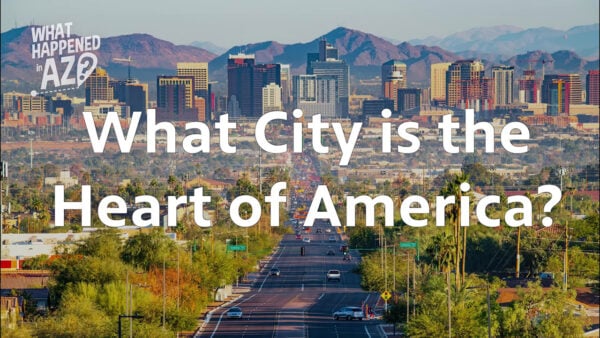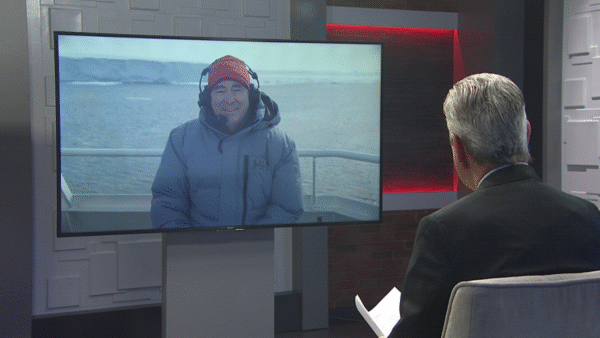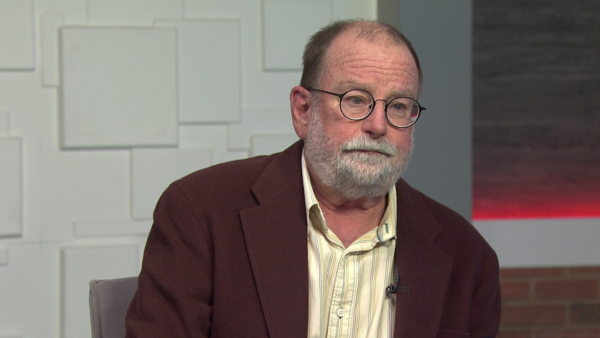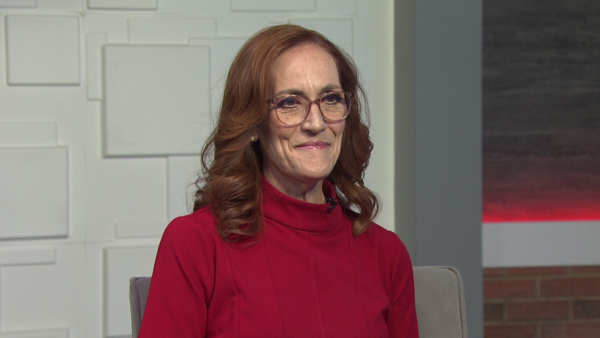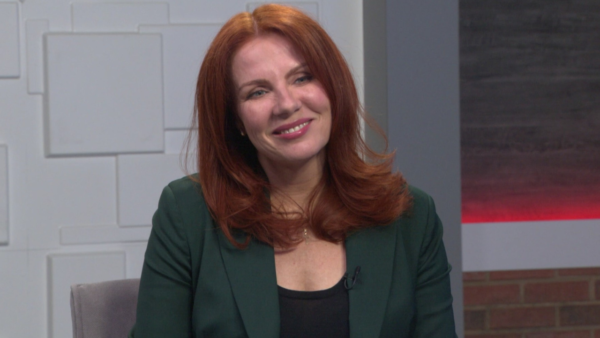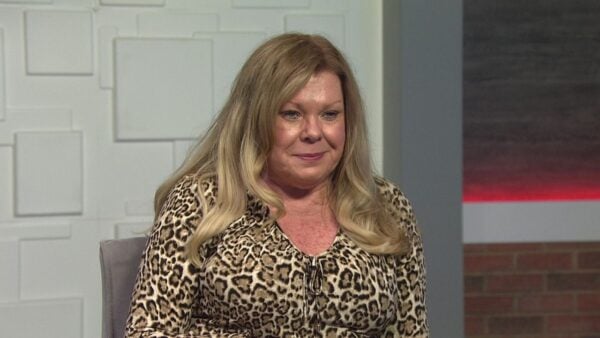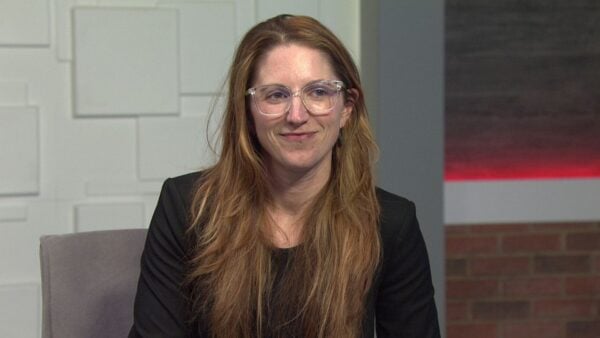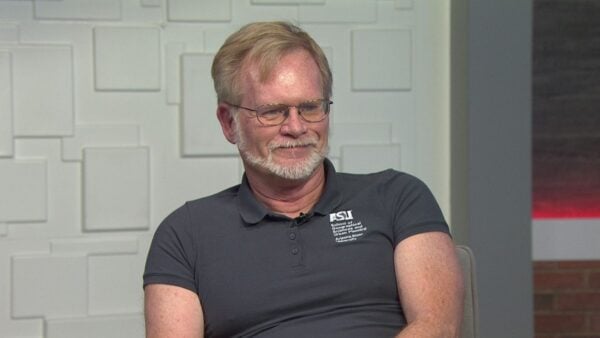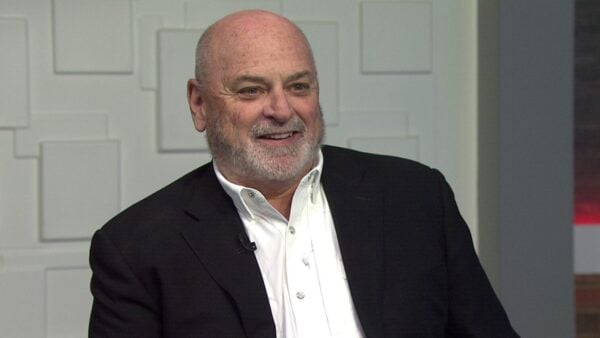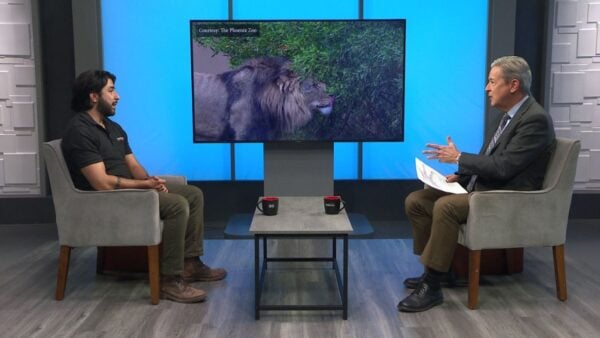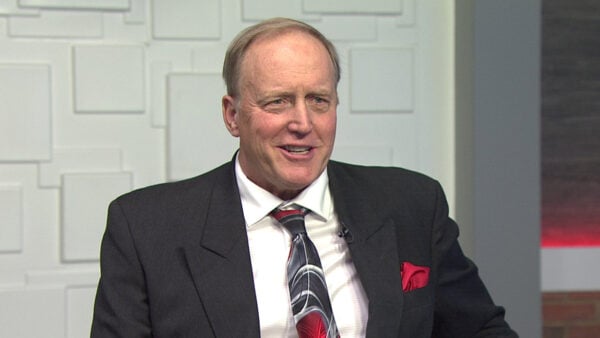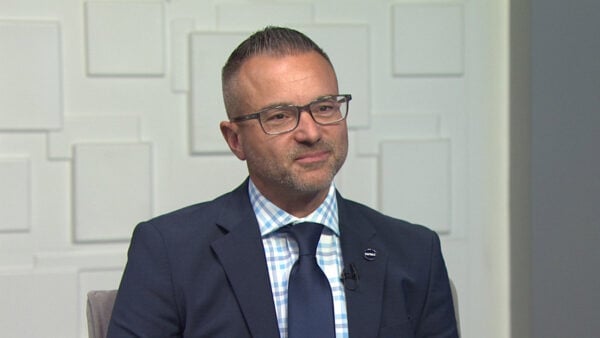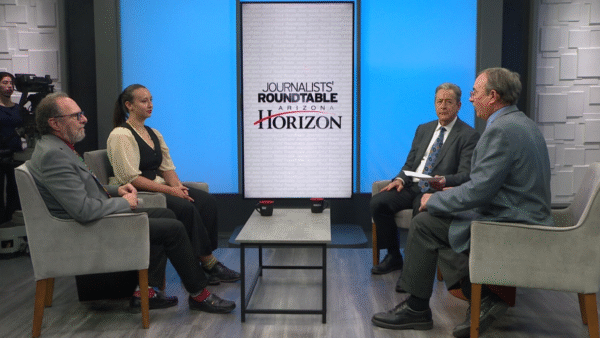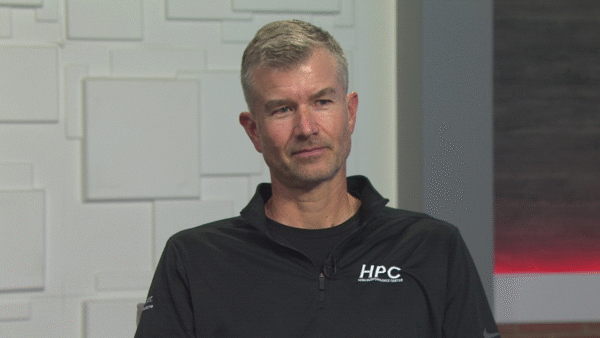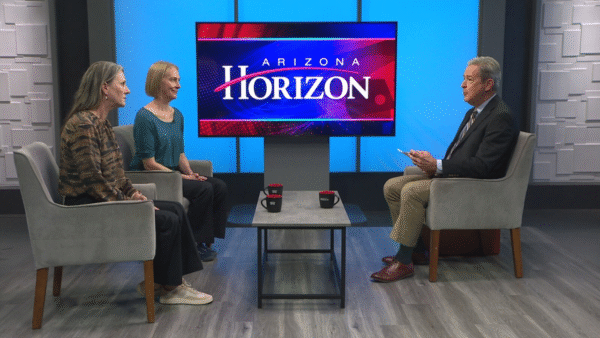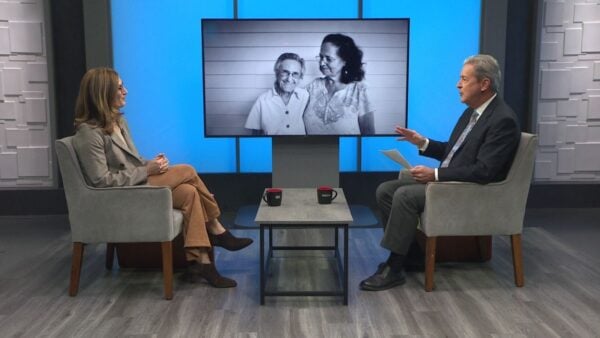Study shows Black and Hispanic people less likely to get COVID vaccine
Dec. 13, 2023
University of Arizona researcher Dr. Sairam Parthasarathy discussed new data which illustrates that Black and Hispanic communities are less likely to get the COVID vaccine.
Parthasarathy advocates for faster, more effective and trustworthy messaging to increase interest in the vaccine in minority communities in the state.
“The good news is that the trends are up with regards to of the communities. But it is true that the people of color mainly Blacks, Hispanics as well as Native Americans have actually born a disproportionately burden of the COVID disease,” Parthasarathy said.
“Actually have been disproportionately representation of the population being admitted to the hospital and also have died from the vaccine. There’s been some historical trust or mistrust issues based on prior history that has lead them to be hesitant,” he said.
Parthasarathy said that over time there has been an improvement across communities in getting the vaccine but there are still differences. Parthasarathy said he is part of an initiative Community Engagement Alliance (CEAL)against COVID disparities to help educate and reach these communities.
“Which specially ensures that we start addressing some of those issues surrounding vaccine hesitancy by culturally adapting some of the information that is important to make decision about whether they should take the vaccine or not, or whether that’s the right approach for them,” Parthasarathy said. The approach is to use trustworthy science research, Parthasarathy said.
Parthasarathy said each community must be approached and reached out to differently even, among the Hispanic community because there can be various smaller communities within that group. Community health workers who are well known and have earned the trust of people within the community are one of the ways CEAL has spread the word about the vaccine.
“They are more willing to trust these reliable sources rather than plop someone right in the middle of a one in a 100 years pandemic and you’re supposed to trust them,” Parthasarathy said.
“The key idea right here is to provide to these communities, through science based information.”

